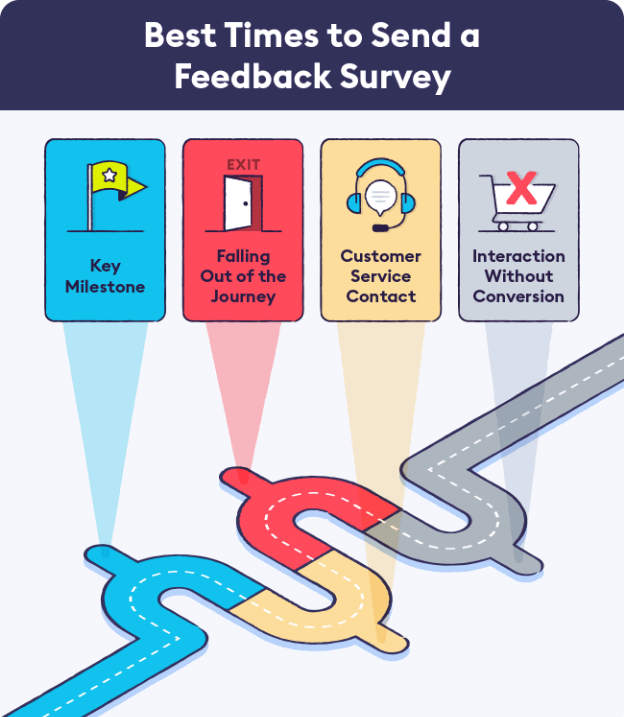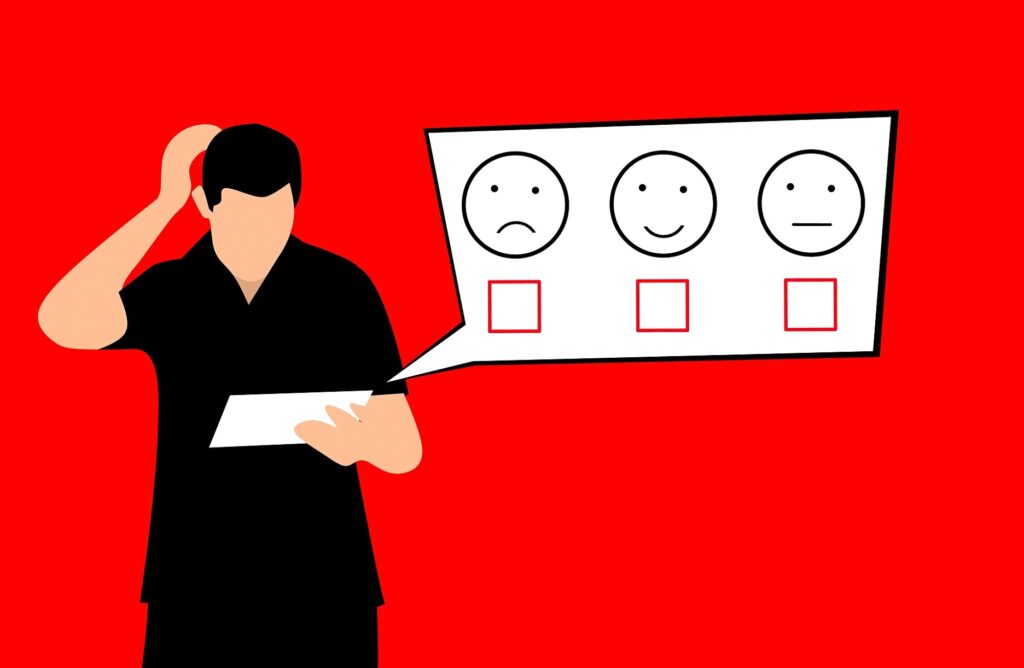Most business owners will have to make the difficult decision of taking on debt for their business at some point. You’re not the only one who is considering applying for business funding. In the last year, 45 percent of small-business owners applied for a loan.
Many business owners are currently looking at financing options in order to deal with inflation and rising costs. In the Small Business Index Report, the report shows that more than seven in ten small business owners said the inflation-driven rise in the cost of goods has affected their operations over the last 12 months. According to the new survey, about half of small businesses have taken business financing in order to deal with inflation.
It doesn’t matter what type of debt you have, the main thing to remember is that interest will be charged over time. In the long term, debt can be beneficial to small businesses. When used properly, it can provide a breathing space for entrepreneurs struggling to stay afloat.
-
- Is a loan my only option?You might believe that the only way you can get capital for your new business is to apply for a small-business loan at a traditional bank or credit union. There are many ways to obtain financing.
You can also raise money by crowdfunding your business on sites such as Kickstarter.com, GoFundMe.com, Patreon.com, and Indiegogo. All these websites are able to help you.
You can also seek investors or ask friends and family for money. You can do this in several ways, including through venture capitalists or angel investors.
- What will be the purpose of the capital?What you plan to do with the money is the first question you need to ask. Many small business owners are tempted to borrow the maximum amount possible from their lenders, without thinking about why they need the money in the first instance.
Be sure to know the reason you need additional capital before you even speak to a lender: Do you need to pay employees? Are you finding it harder to pay your bills? Are you looking to invest in new equipment for your company?
You can find the right financing by knowing the reason for the loan. If you need capital only occasionally, for example, you might find that a line of credit is a better choice than a loan.
- How can I pay monthly?You need to be able to pay back the loan with interest each month. Small business loans are no different than any other type of financing. If you still owe money, or can fit the payments into your budget, check to see if there are any outstanding balances.
Don’t use your emergency fund for monthly payments. You still need to be able to handle tough financial situations.
- What type of finance is best for me?Alternative lenders can provide funding for your small business in addition to traditional lenders. Alternative lenders for small business loans offer flexible payment terms, and they are less strict about your qualification. You could even get your funds within 24 hours.
You can apply for alternative loan options such as a line credit, quick-cash loans, invoice factoring and equipment loans.
- Can I provide collateral?Alternative lenders offer small business owners greater access to capital, but without the need for a rigorous application. They will have to lower their risk. Lenders can reduce their risks by requesting collateral from you.
Small business loans require collateral because it allows the lender to recover their losses in the event of default. Collateral gives the lender peace of mind, knowing they are protected in case of default. It is important to know that lenders will usually require collateral when granting business loans above a certain value.
- What is my credit rating?
When seeking capital, lenders will always consult your personal and company credit reports. Your personal credit score gives lenders a summary of your financial behavior in three digits.A business credit rating is the same: it’s a number that ranges between 0 to 100 and shows your ability pay business expenses on-time.
A good score for personal credit is 680 or higher; and a score of 70 or more for business credit. A good personal and business score will allow you to access capital with better rates and terms.
- Is a loan my only option?You might believe that the only way you can get capital for your new business is to apply for a small-business loan at a traditional bank or credit union. There are many ways to obtain financing.
Experts can help you make the right decision
When you’re doing your research, be sure to speak with financial experts and lenders. They will know which financing options are best for your business. You can save money by not getting the wrong loan at the wrong time or the wrong type.












Leave a Reply